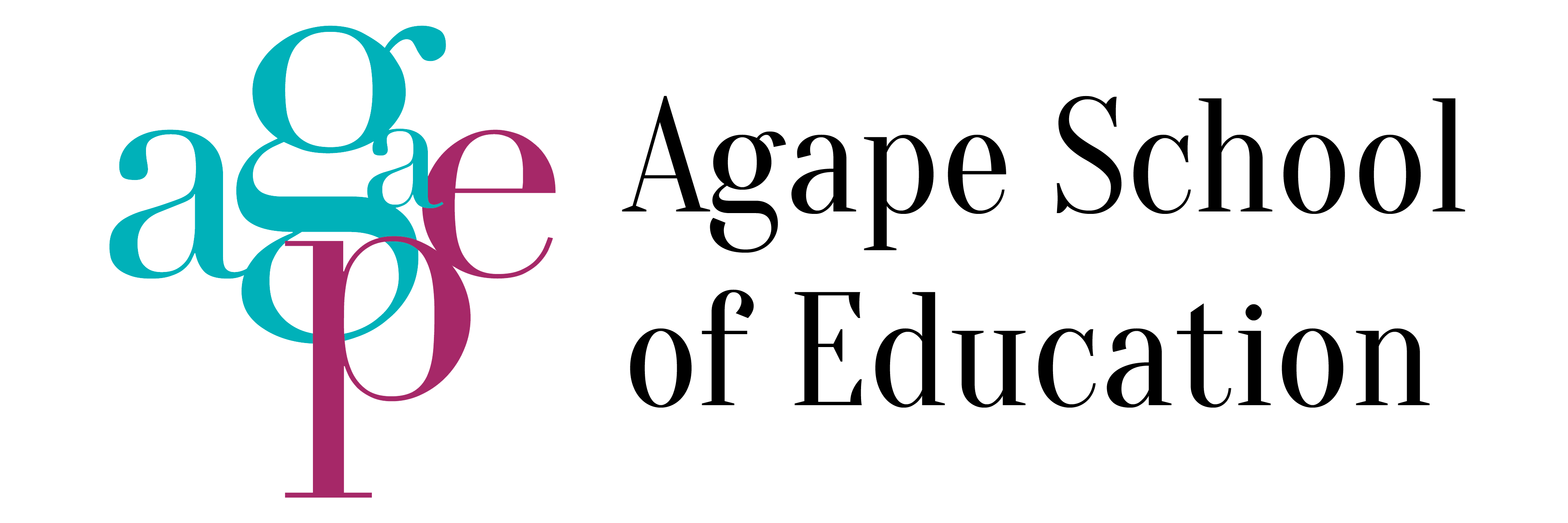Throughout the world, there are about 130 million people who speak German as their first language. And in 42 countries, besides Germany, there are around 7.5 million people who belong to a German-speaking minority. So, what defines a native speaker? Are the 7.5 million people considered native speakers of the German language?
According to Collins Dictionary, native speakers are the people who speak a language as their first language or mother tongue, rather than speaking it as a second or third language. Non-native speakers, on the other hand, are people who learned a foreign language as a second or third language, either from a young age or as an adult.
Which one is better? Learning a new language from a native or a non-native teacher?

When it comes to learning a second language, you would probably want the best teacher to teach you. But in this case, which is the better option? Here are the pros and cons of learning from a native and non-native teacher.
| Pros/Cons | Native Teacher | Non-native Teacher |
| Pros |
|
|
| Cons |
|
|
So, to answer the question of which one is better, the native or non-native teacher, the answer is neither one of them—but both.
How can hybrid language learning benefit the students better?

As you can see from the table above, both native and non-native teachers present a number of benefits and challenges, which is why we believe that having both teachers in the same classroom is the best option for our students.
When Singapore was hit by Covid-19, it was a challenging period for us to recruit native-speaking teachers to come and teach in Singapore. So, we thought of a new and better solution—Hybrid Language Class (HLC).
Having both native and non-native-speaking teachers in one classroom will really help the students to grasp the German language. On one side, we have an experienced native-speaking teacher and on the other, we have a non-native-speaking teacher who understands the process of learning another language. This is what we call the best of both worlds.
Our native-speaking teachers will focus on teaching students conversational, cultural and topical matters while the non-native-speaking teachers will focus more on the students’ grammar and writing skills.
It is also noteworthy that the Ministry of Education Language Centre (MOELC) has chosen to go with the hybrid approach, but only by making native and non-native teachers located in the same centre. This is to encourage the colleagues to exchange their experience and learn from each other’s pedagogical approaches and didactics (language teaching methodology).
But at Agape School of Education, Singapore (ASOE), we are going further—the language is taught by the two profiles in the same class of the same level. For instance, if the term lasts 12 sessions, each teacher will teach 6 sessions. They will alternate. Not only will this improve the two groups of teachers’ way of teaching, but this will also benefit the students. That way, students can ask the next teacher what they couldn’t understand in the previous session.
Overall, there will be a balance in the teaching process as both teachers will work together to identify problems and act as a guide for the students. We believe that by doing this hybrid approach, the two teachers will cover all aspects of the language and make the cross-cultural learning experience more exciting and authentic. This will, in turn, help students to acquire a more comprehensive language learning experience.
Following our decision to utilise both native and non-native-speaking teachers to teach our students, we have implemented an online HLC. This way, students can learn from the native-speaking teachers who are located in their home country. We believe that this online class will create more learning opportunities for our students.
To learn more about our Hybrid Language Class (HLC), a one-of-a-kind hybrid approach in Singapore, book a lesson with us or contact us.




0 Comments